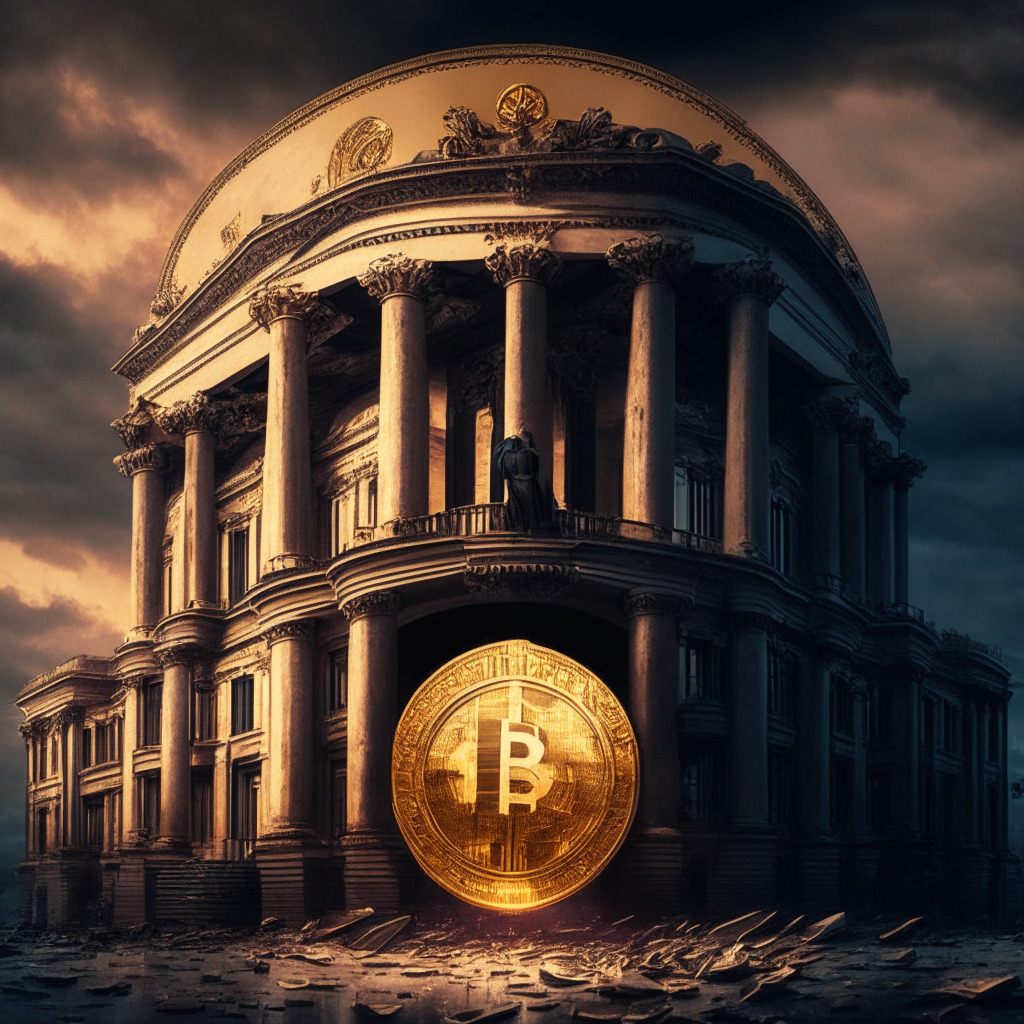In a recent move directed at enforcing international financial sanctions, the world’s largest crypto exchange, Binance, has removed the payment method attached to Banco de Venezuela from its peer-to-peer (P2P) trading service.
Banco de Venezuela, acquired by the government in 2009, is one of the largest financial institutions in the country. As a major player in Venezuela’s financial landscape, it held over 11% of the local market share by the late 2000s. The U.S. Treasury Department levied sanctions against the Venezuelan government and its affiliated institutions in 2018 and 2019, a move that was prompted by the repression of the 2014 and 2017 protests in the country.
Binance’s recent action seems to be a part of an attempt to align with these sanctions and comes on the heels of similar actions taken by the crypto exchange against Russian banks. This development follows the Aug. 24 Wall Street Journal report, which raised concerns about Binance’s involvement in skirting international financial sanctions. Compliance is critical to a digital currency’s legitimacy, but the consequences of such regulatory moves are likely to reflect negatively on the wider crypto market.
However, numerous Venezuelan banks, such as Banesco, Banplus, BBVA Provincial, and others, remain on the exchange’s P2P platform. Cryptocurrencies offer a powerful mirror to reflect on the global financial system and the extent to which sanctions can impact it. Nevertheless, these actions might fuel skepticism around the power of these platforms in bypassing traditional financial control structures.
On the other side of this coin, the potential implications for the crypto market extend beyond just South America. Binance’s actions hint at the limited room for manoeuvre that global crypto exchanges have in the face of international sanctions. This precedent could discourage other disruptive fintech institutions from dealing with sanctioned entities, in fear of similar repercussions.
On a concluding note, another aspect to mull over is the effect of such events on the core principles of cryptocurrencies – decentralization and freedom from regulatory control. With Binance opting to remove Banco de Venezuela from its P2P payment services, the question arises as to what extent can these underlying promises of cryptocurrencies continue to hold true in an increasingly regulated global market.
Source: Cointelegraph




